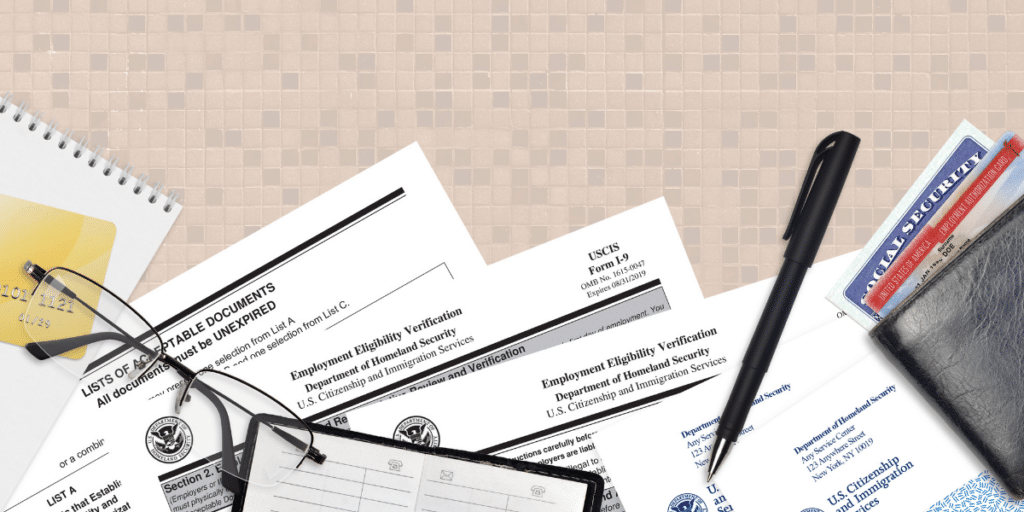Divorce is a challenging time, filled with a mix of emotions and legal hurdles. In North Carolina, the process involves complex legalities that can be overwhelming. Understanding the process can ease some of the stress that comes with this transition.
That’s why at Dozier Miller, we suggest talking to an attorney as early on in the process as you can. Here, we’ll walk you through the process of filing for divorce as well as options for resolving the issues related to your divorce such as child custody, support arrangements, and property division, and how mediation or another form of alternative dispute resolution might be the best option for you. Getting a clear picture of what to expect can be immensely helpful.
Understanding Divorce in North Carolina
Divorce in North Carolina is a two-step process that begins with at least 365 days of separation from your spouse, followed by filing for an absolute divorce. Unlike some other states, North Carolina is a no-fault divorce state, meaning you are not required to allege fault when you file for divorce.
Clients are often surprised to learn sleeping in separate beds or in different parts of the house is not enough—you and your spouse must reside in different residences. There is also no way to waive the one-year requirement even by agreement of the parties. It’s crucial to understand that during this time, you and your spouse must live apart, and at least one of you needs to intend for the separation to be permanent.
The Process of Divorce
Following one year of separation, the first step to getting a divorce in North Carolina is filing a complaint with the court. This document must include information such as the names and counties of residence of both parties, date and place of marriage, and whether the parties share children in common. Once the complaint is filed, it must be served on the other party, then he or she has 30 days to respond to the complaint.
If both parties can agree on all issues related to their divorce, such as child custody and property division, they can resolve those issues without ever going to court. In those instances, the only issue that may need to be filed with the court is the divorce itself.
Child Custody
Child custody can be one of the most challenging parts of a divorce. The courts aim to prioritize what’s best for the child at the time the decision is made. Custody involves two parts: physical custody (where the child lives) and legal custody (who makes important decisions, such as where the child goes to school, on the child’s behalf).
Judges look at several factors, including the child’s bond with each parent, the stability of each home, and each parent’s ability to provide care. It’s important for parents to remain flexible for the sake of their children, especially when creating co-parenting schedules that accommodate school breaks and holidays to ensure balanced time with both parents.
Child Support
Child support is another important element of a divorce. In North Carolina, child support is determined using the North Carolina Child Support Guidelines. The Guidelines consider both parents’ incomes, childcare expenses, the time each parent spends with the child, and any special costs.
The idea is simple: child support should be a shared responsibility, aiming to provide the child with the same financial support they would have received if both parents were living together.
Spousal Support and Asset Division
In North Carolina, there are two types of spousal support: post-separation support and alimony.
Post-separation support is temporary and is typically paid by the supporting spouse after separation, but before divorce.
Alimony, on the other hand, is longer term and can be required to be paid out in a lump sum or for a specific amount of time. The court considers the length of the marriage, each spouse’s earnings and earning potentials, and contributions to the household when deciding alimony.
When it comes to property division, North Carolina follows equitable distribution, which means that marital assets and debts will be divided fairly based on factors like each spouse’s contributions to the marriage and their respective earning capacities. This does not always mean “equal.” It’s essential to keep detailed records of all shared assets and debts throughout the marriage to ensure a fair division.
Divorce Mediation
Mediation can often be a more amicable and cost-effective alternative compared to going through litigation. Some benefits of choosing mediation include:
- Lower costs compared to litigation.
- More control over the outcome and decision-making process.
- Less emotional stress, which can lead to a more positive co-parenting relationship.
- Confidentiality, as mediation sessions are not part of public court records.
If you and your spouse are considering mediation, here is a brief overview of what you can expect from the mediation process:
- Pre-mediation: Before the actual mediation begins, both parties will meet separately with the mediator to discuss their goals and concerns.
- Opening statements: The mediator will begin by explaining the mediation process and setting ground rules for communication.
- Information gathering: Both parties will have a chance to present their perspectives and share any relevant information or documents with the mediator.
- Negotiation: The mediator will facilitate negotiations between the two parties, encouraging them to find mutually agreeable solutions.
- Agreement drafting: Once an agreement is reached, it will be put into writing and reviewed by both parties before signing.
Overall, mediation can provide a more positive and collaborative approach to resolving conflicts related to divorce. It allows for open communication between both parties and prioritizes finding solutions that work for everyone involved.
Moving Forward with Confidence
Facing a divorce can be daunting, but understanding the process and your options can make it more manageable. At Dozier Miller Law Group, our family law attorneys have decades of experience, and we’re committed to providing support and guidance through every step of your divorce. Reach out to us today to schedule a consultation and learn how we can assist you in achieving a resolution that meets the needs of you and your family.

CATEGORIES
Contact an Attorney
Our attorney offer specialized guidance and representation in a variety of practice areas.

REMEMBER: Always speak with your own attorney
This information is provided for informational purposes only; it is not offered as and does not constitute legal advice.
More Insights and Resources
Learn more about what to expect when facing a family law dispute in Charlotte, North Carolina from Family Law attorneys at Dozier Miller Law Group
What NC House Bill 269 Could Mean for Non-Compete Agreements in North Carolina
Non-compete agreements have long been a controversial tool in the corporate world—sometimes protecting legitimate business interests, and…
Protect What Matters Most: Estate Planning for Every Stage of Life
Thinking about the future doesn’t always come naturally. Many of us get caught up in the day-to-day,…
Will a Separation Protect Me Financially?
Separation is never easy, especially when financial questions start piling up. Can you protect your savings? Will…
Practical Custody Arrangements for Families
Trying to figure out custody arrangements? You’ve probably come across terms like joint custody, primary custody, and…
Future-Proof Your Business Against Form I-9 Changes
Running a business is no small feat. Between managing your team, keeping customers happy, and planning for…
When Do You Need an Attorney for a Breach of Contract Case?
Contracts are the backbone of any good business relationship. They bring clarity, set expectations, and hold everyone…
Navigating Immigration Changes and Their Impact on Employment Law
No matter the size of your business, immigration law affects your ability to hire and retain the…
LGBTQ Families and Stepparent Adoption: What You Need to Know in North Carolina
As a family law attorney in North Carolina, I’ve seen many parents assume that their legal status…
What to Do When You Get a Bad Google Review
If you’re a Charlotte business owner, you know just how important your online reputation is. Around 98%…
Managing Your Immigration Status in 2025
The 2024 election brought significant shifts to U.S. immigration policy, many of which have already begun reshaping…










